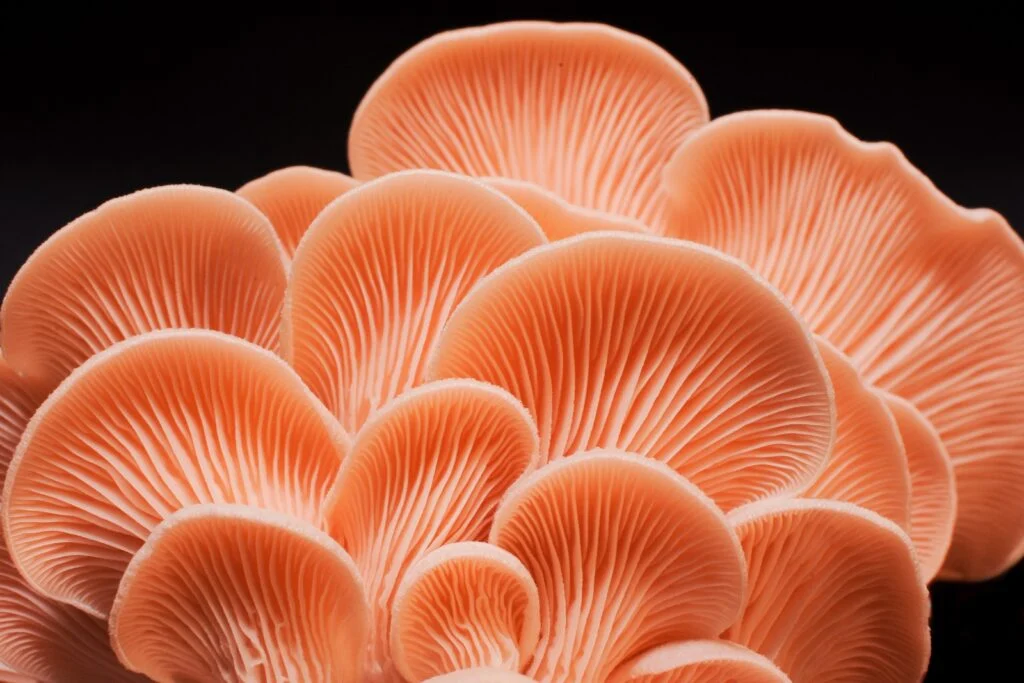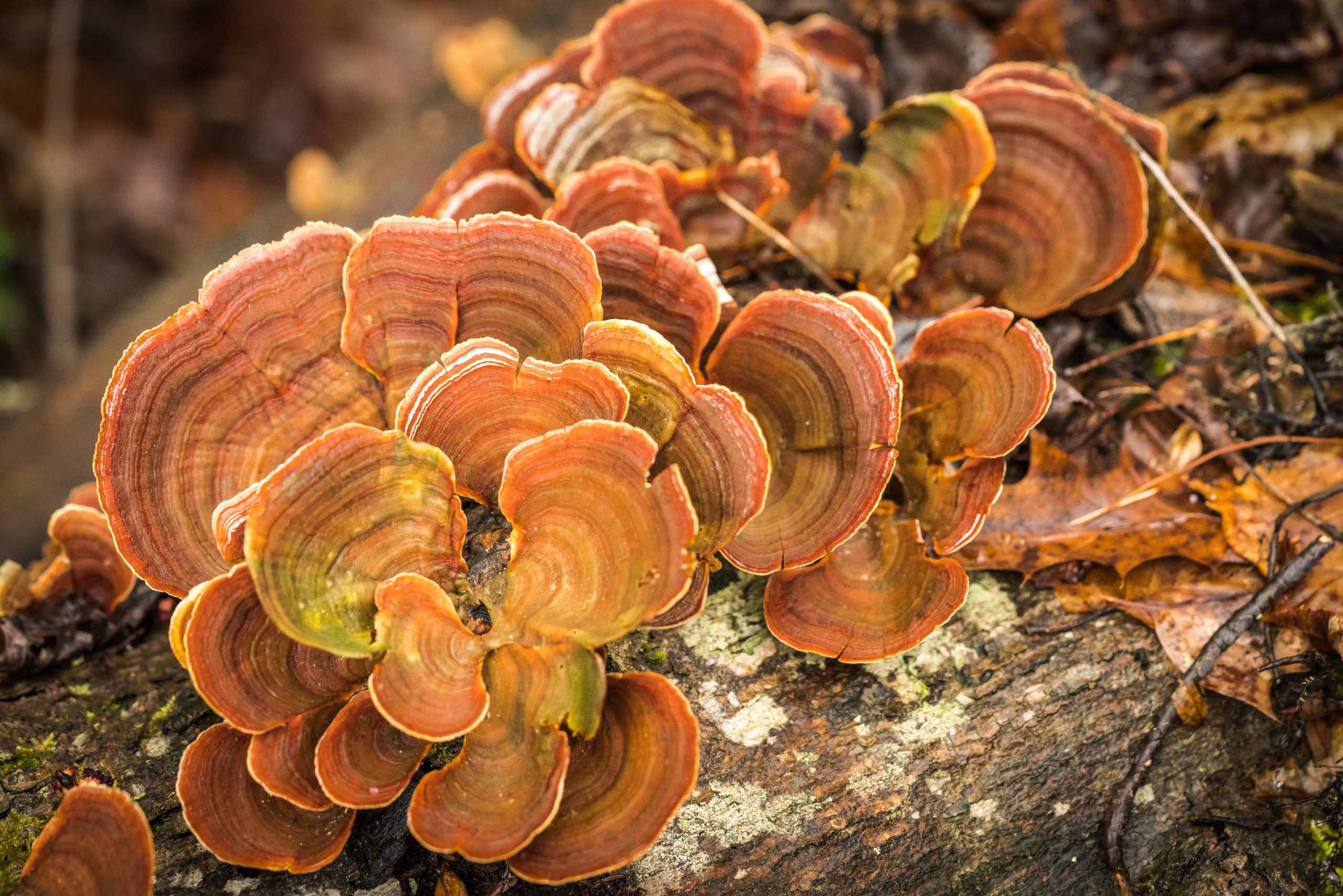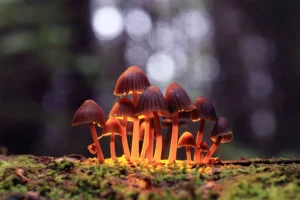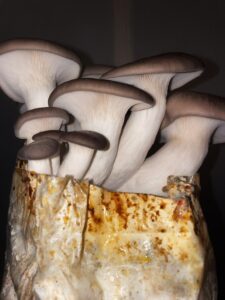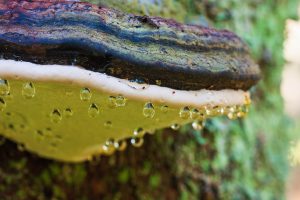The burgeoning interest in medicinal mushrooms within the scientific and wellness communities underscores a paradigm shift towards integrating natural compounds in the prevention and treatment of various health conditions. This resurgence is not unfounded; a growing body of scientific research substantiates the therapeutic potential of fungi, thanks to their rich profiles of bioactive compounds. Among these, beta-glucans, triterpenoids, and polyphenols have been identified as pivotal to the medicinal efficacy of mushrooms. This deep dive into the science behind mushroom supplements illuminates the sophisticated mechanisms through which these compounds exert their effects, the critical role of dual extraction in harnessing their benefits, and the current landscape of clinical research on medicinal fungi.
The Bioactive Compounds of Medicinal Mushrooms
Beta-Glucans: Immune Modulation and Beyond
Beta-glucans represent a diverse group of polysaccharides with significant immunomodulatory properties. Found abundantly in the cell walls of fungi, these compounds have been extensively studied for their ability to activate immune cells such as macrophages, dendritic cells, and natural killer (NK) cells, thereby enhancing the immune response to pathogens and potentially reducing the incidence of infections and certain cancers. The specificity of beta-glucans action on the immune system also highlights their potential in immunotherapy, particularly in fine-tuning the immune response to avoid overactivation, which could lead to autoimmune diseases.
Triterpenoids: A Symphony of Therapeutic Effects
Triterpenoids in mushrooms, particularly those found in the Reishi mushroom (Ganoderma lucidum), exhibit a broad spectrum of biological activities, including anti-inflammatory, antiviral, hepatoprotective, and anticancer effects. Their mechanisms of action are diverse, ranging from inhibition of histamine release and modulation of cytokine production to direct antiviral activities and induction of apoptosis in cancer cells. The lipid-soluble nature of triterpenoids underlines the necessity of alcohol extraction to unlock their therapeutic potential.
Polyphenols: Antioxidants in the Fight Against Oxidative Stress
Polyphenols are another critical group of compounds known for their potent antioxidant properties. They scavenge free radicals, reducing oxidative stress and mitigating the risk of chronic diseases such as cardiovascular diseases, diabetes, and neurodegenerative conditions. The mechanism of action of polyphenols extends beyond simple antioxidant activity; they also modulate cell signaling pathways involved in inflammation, cell proliferation, and apoptosis, offering a multifaceted approach to disease prevention and management.
Dual Extraction: Unlocking the Full Potential of Medicinal Mushrooms
The complexity and diversity of bioactive compounds in medicinal mushrooms necessitate a sophisticated approach to extraction. Dual extraction, which employs both water and alcohol solvents, is paramount for maximizing the bioavailability of these compounds. Water extraction is effective for polysaccharides like beta-glucans, while alcohol extraction is essential for liberating lipid-soluble compounds such as triterpenoids. This process ensures that the full therapeutic potential of mushrooms is accessible for health applications, highlighting the intersection of traditional knowledge and modern science.
The Current Landscape of Clinical Research on Medicinal Fungi
The clinical application of medicinal mushrooms is a rapidly evolving area of research, with studies exploring their efficacy in a wide range of health conditions.
- Neurological Health: Lion’s Mane mushroom (Hericium erinaceus) has garnered attention for its neuroprotective properties, with research suggesting its ability to stimulate the synthesis of nerve growth factor (NGF), thus offering potential benefits in the treatment of neurodegenerative diseases and cognitive impairments.
- Cancer Therapy Support: Turkey Tail (Trametes versicolor) and its polysaccharide-K (PSK) extract have been studied for their immune-enhancing effects, particularly in cancer treatment. Clinical trials indicate that PSK may improve survival rates and reduce side effects associated with chemotherapy.
- Cardiovascular Health: The antihyperlipidemic effects of Reishi mushroom have been explored, with studies suggesting its potential to reduce blood lipid levels and thus contribute to the prevention of cardiovascular diseases.
- Stress and Sleep Management: The adaptogenic properties of mushrooms like Reishi are being investigated for their potential to manage stress and improve sleep quality, addressing the modern epidemic of stress-related disorders and sleep disturbances.
Challenges and Future Directions
Despite the promising therapeutic potential of medicinal mushrooms, challenges remain in standardizing extracts, ensuring quality and consistency, and conducting large-scale, randomized controlled trials to substantiate health claims. The complexity of mushroom biochemistry necessitates a multidisciplinary approach, combining traditional wisdom with modern scientific methodologies.
As research continues to unravel the molecular underpinnings of the therapeutic effects of mushrooms, their integration into mainstream healthcare appears increasingly viable. This journey from ancient natural remedies to evidence-based therapeutic agents exemplifies the fusion of tradition and innovation, paving the way for a future where medicinal mushrooms play a pivotal role in addressing the multifaceted health challenges of the modern world.

